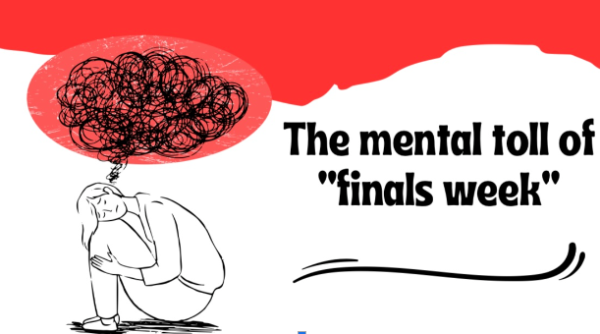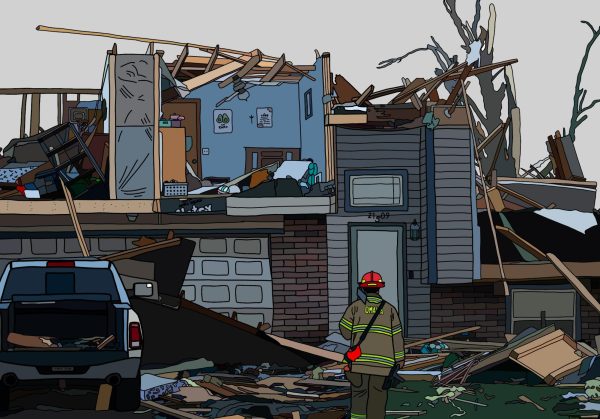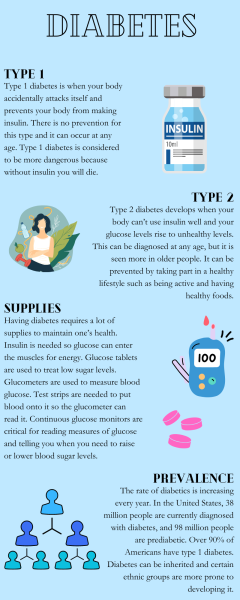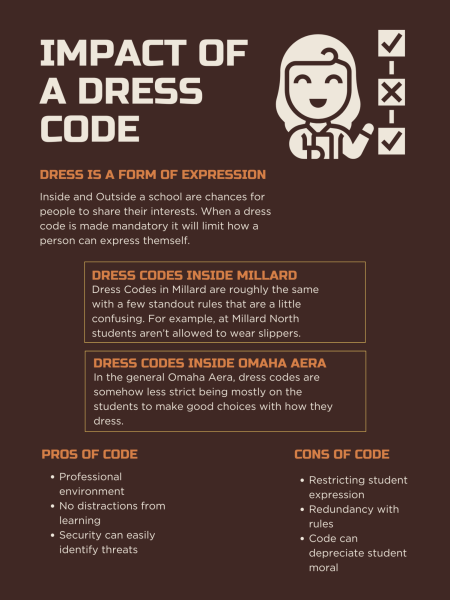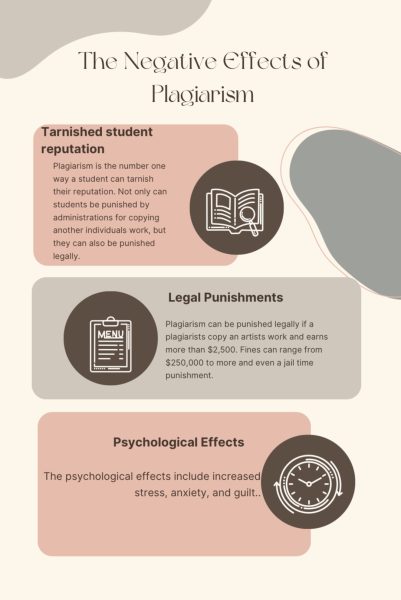Article 13: content creators in trouble?
New copyright laws hit the EU, potentially threatening the internet and its users

picture courtesy of smallbiztrends.com
April 18, 2019
The European Union Directive on Copyright in the Digital Single Market, to use its full name, requires the likes of YouTube, Facebook and Twitter to take more responsibility for copyrighted material being shared illegally on their platforms.
Big changes are coming to online copyright across the European Union. After years of debate and negotiations, politicians have passed sweeping changes following a final vote in the European Parliament.
On April 15, 2019, the European Council, the political body composed of government ministers from each of the 28 EU member states, voted to adopt into EU law the copyright directive as passed by the European Parliament in March. Six member states (Finland, Italy, Luxembourg, the Netherlands, Poland and Sweden) voted against adopting the directive while three (Belgium, Estonia and Slovenia) abstained from the vote. The remaining 19 member states all voted for the directive.
Now that it’s part of European law, individual member states will have two years to turn the new rules into their own national law.
The EU’s new law is a European Union directive that is designed to limit how copyrighted content is shared on online platforms. EU directives are a form of legislation that set an objective for member states to achieve.
The changes have proven controversial, with critics being opposed to two specific parts of the law: Article 11 and the infamous Article 13. They form part of the wider regulations which were passed.
The Directive on Copyright and its most controversial component, Article 13, requires online platforms to filter or remove copyrighted material from their websites. It’s this article that people think could be interpreted as requiring platforms to ban memes.
The Directive on Copyright would make online platforms and aggregator sites liable for copyright infringements and supposedly direct more revenue from tech giants towards artists and journalists. Currently, platforms such as YouTube aren’t responsible for copyright violations, although they must remove that content when directed to do so by the rights holders.
Making the aforementioned sites responsible for everything users post, forces any online platforms under EU jurisdiction to make one of two choices: Crack down on copyright by installing expensive, possibly unreliable, filtering systems, or take down EU servers all together. The latter option doesn’t seem to be the goal of the big-name companies but many smaller sites would not be able to keep up with the intense copyright laws and would be forced out of existence in Europe.
Article 13 in particular has received heavy backlash in the EU. Proponents of the Directive on Copyright argue that this means that people are listening to, watching and reading copyrighted material without the creators being properly paid for it. This isn’t true. Most people standing against the new directive see that copyright detectors and filters are already sketchy and often falsely accuse content creators of copyright infringement. Even when these creators are found innocent, it isn’t after a lot of time has been wasted and a potential suspension from their platform that everything gets sorted out.

To put the effects of Article 13 into perspective, let’s say a YouTuber wants to post a video, and in the video is a short joke that shows a clip from Shrek and plays the “All-Star” theme. Even though the video plays the clip for a few seconds (well within Fair Use policies), YouTube’s new copyright filters would detect the video and immediately flag it. With 300 hours of video being uploaded to the site every minute, YouTube doesn’t have the time to look over every second of it and decide what’s actually copyright or not. They’ll just take the creator’s hard work down as to avoid the possibility of consequences from other companies claiming they were stolen from. This will essentially suffocate content creators and make it that much harder for them to earn money for what they do.
This not only acts as a thorn in the side of online platforms and their users, but also acts as another way the EU can censor the public. With this being EU law, countries and their respective governments have the ability to control what is and isn’t seen and shared on the internet. Because so much information is passed around over the internet, this spells trouble for citizens under questionable leadership.
How does this affect America? If the Directive on Copyright was able to gain speed and eventually pass in the EU despite a large opposition, imagine how many government officials would like to have the power to control the internet. Keep in mind this is an extreme situation, but it still warrants thought. Only time will tell how Europeans will handle this new law, and what problems will come from it.







